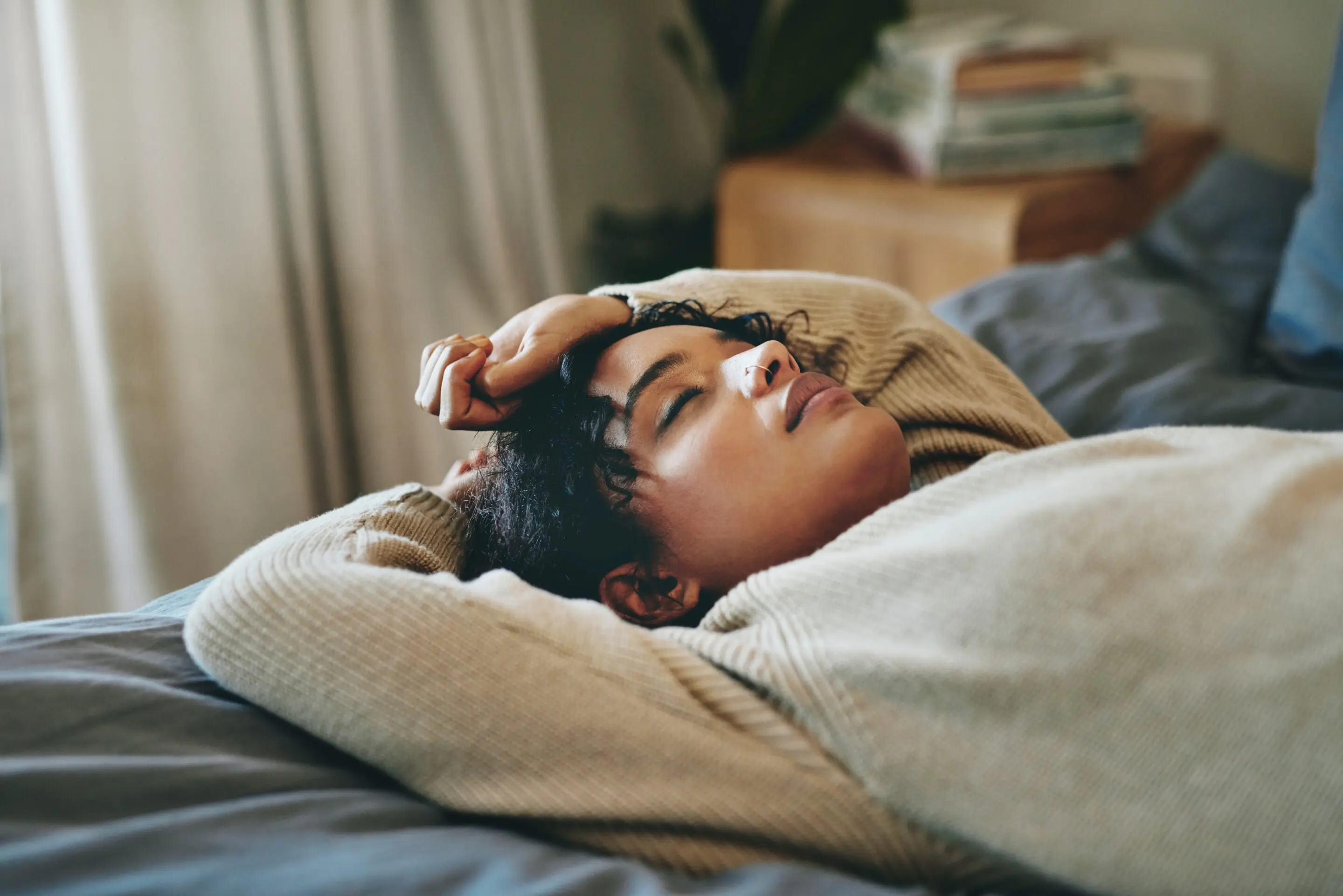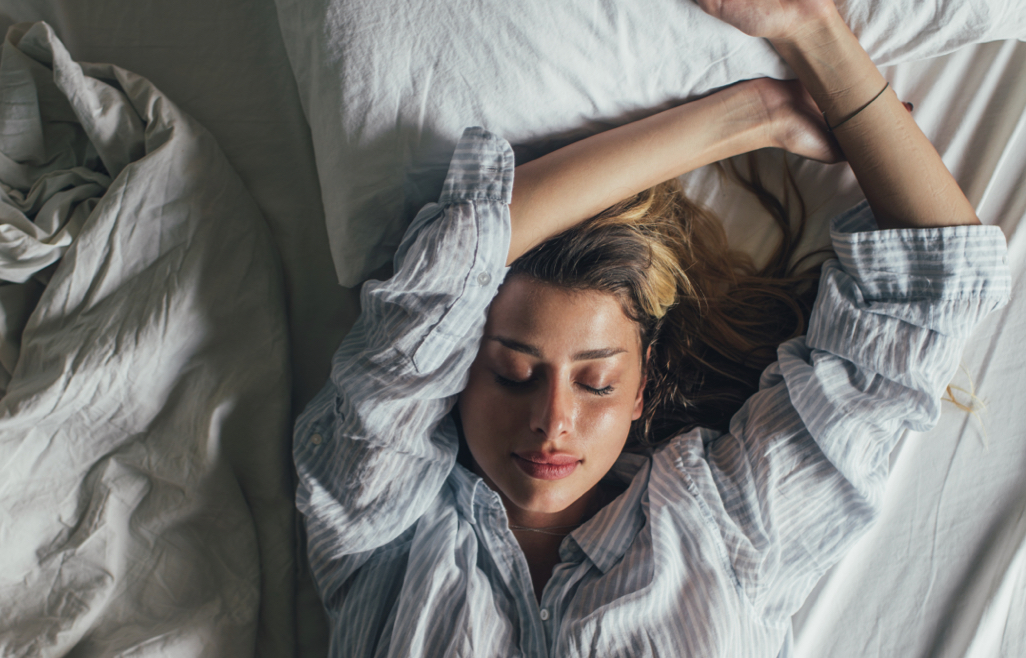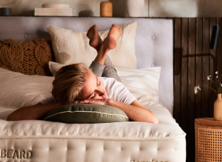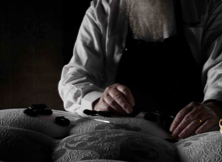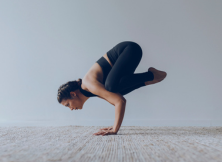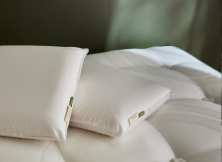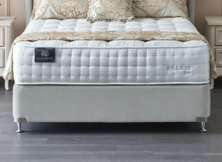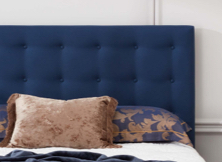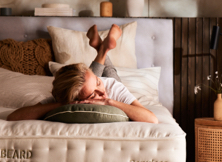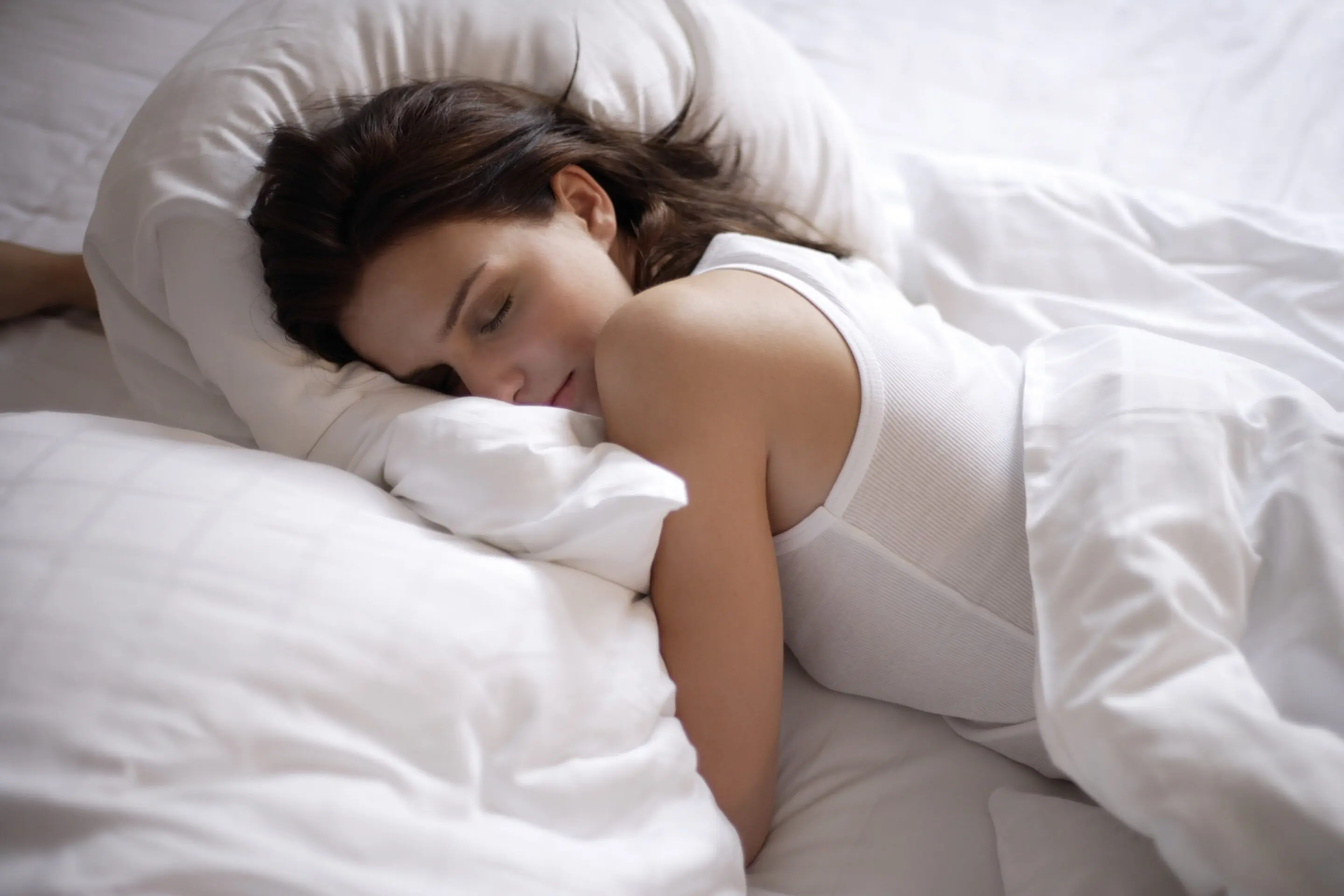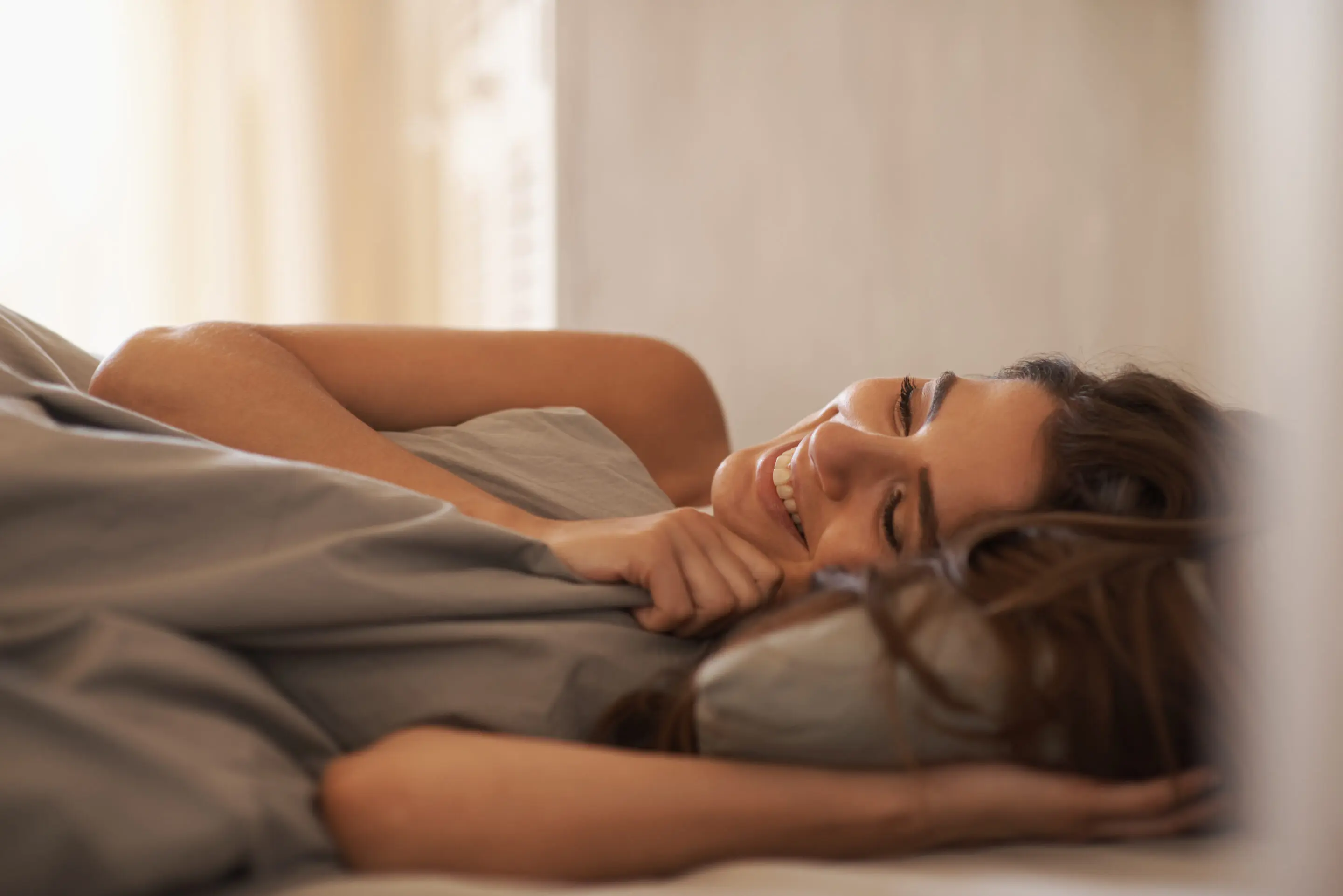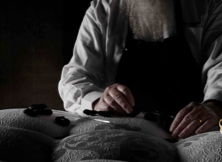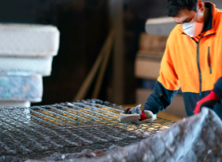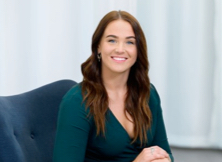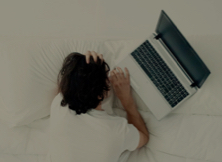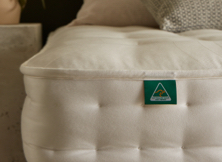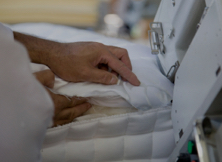Sleep is widely recognised as the third pillar of health – in addition to diet and exercise. Sleep is important for everyone to remain healthy, but especially for children and adolescents. Research has shown that teenagers require between seven to nine hours of sleep, but many are not meeting this basic amount.
Why is this, and what effect can it have on our children?
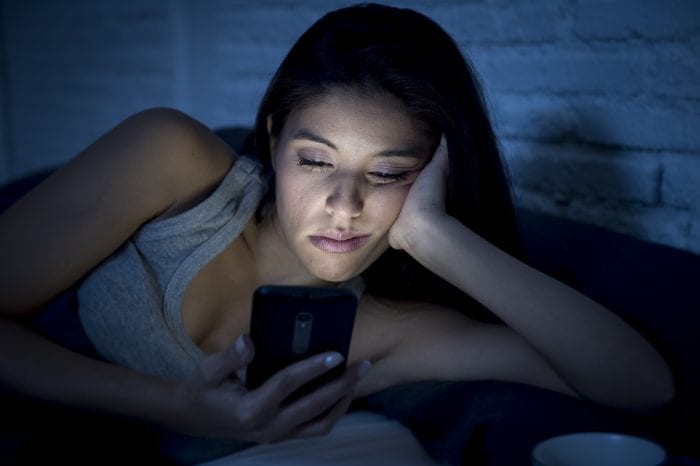
One of the biggest factors depriving young people of sleep is technology. Technology is so ingrained in our everyday life, especially the younger demographic. From computers for school work, to mobile phones to keep in touch, as well as televisions, gaming consoles – technology is everywhere.
The more time spent in front of a screen, the more likely a person will suffer from the effects of blue light emitters – delaying production of sleep hormone melatonin, increasing alertness and resulting in broken or light sleep. Losing a few hours sleep here and there may not sound like a big deal. However, chronic sleep deprivation over a period of time can have similar effects to jetlag – and we know jetlag is never fun!
Reduced alertness, poor concentration, irritability, and being more susceptible to stress and depression are some of the most significant effects of sleep loss. These are miserable symptoms for adults, but can be even more prominent for teens due to the fact that, even without the influence of technology, their bodies naturally undergo a circadian rhythm shift throughout adolescence making it harder to fall asleep before 11pm.
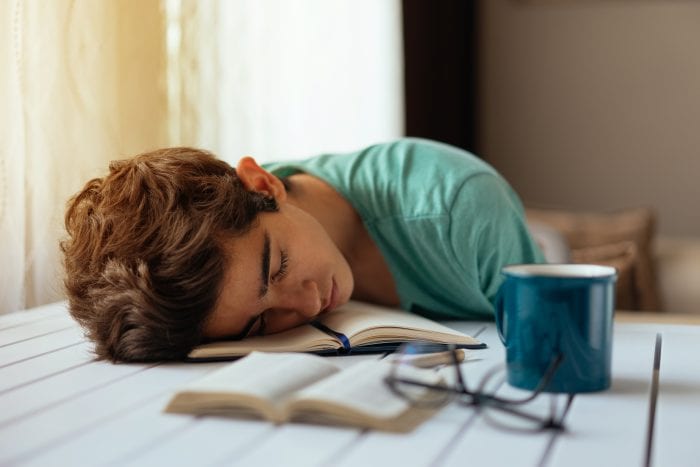
Poor sleep can contribute to some of the common difficulties experienced throughout adolescence
Mental health issues / learning difficulties
Sleep supports processes in the brain that are important for learning, memory and emotions. Studies have shown a link between short sleep duration and aggression, impulsivity and short-temperedness. Lack of sleep can lead hinder the ability to handle strain and stress, and can lead to increased stress, anxiety and depression.
Increased risk of physical injuries
Sleep deprivation can lead to a lack of coordination and awareness that can lead to other physical injuries. For example, driving behind the wheel when sleep deprived can be as dangerous as driving intoxicated. Due to their inexperience, people under the age of 25 are more likely to be involved in road crashes.
Higher risk of obesity
There have been suggestions that a lack of sleep can alter the hormones that regulate appetite. This can lead to more unhealthy eating habits and weight gain. Combine this with feeling lethargic and lacking the energy to participate in physical activity and we have a perfect recipe for weight gain.
Substance use and abuse
Using sleeping tablets to help fall asleep or drinking energy drinks to fight feeling tired can lead to an unhealthy dependence and unnatural sleeping patterns, making it harder to fall asleep, and wake easily.
So, what can we do?
Implement a digital curfew
Remove technology from the bedroom 1-2 hours before bedtime. This will provide time for the body and mind to detox from the waking effects of blue light, ensuring there is plenty of time for natural melatonin production.
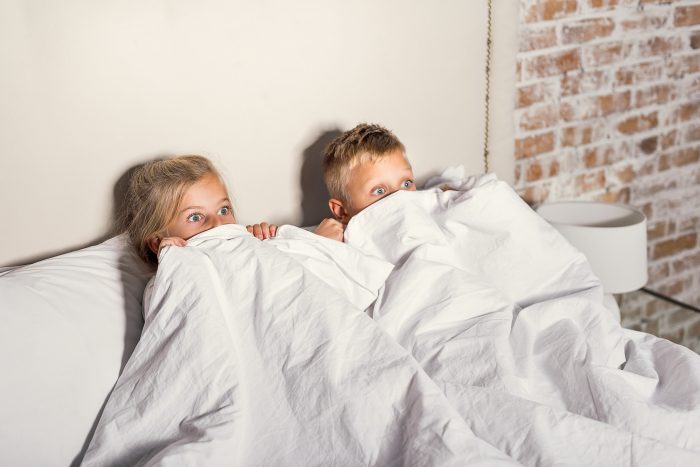
Understand effects of passive and interactive technology
Interactive technological devices are more likely to lead to a delay in getting to sleep, as these devices require considered thought and physical input from the user – such as gaming consoles, mobile phones, computers. Passive devices such as televisions are less likely to cause as much disruption to a teenager’s sleep, however is still a source of blue-light.
Bright Light Therapy
Bright light therapy helps shift the body clock earlier to encourage the body and mind to be more awake during the day, and to feel more sleepy earlier in the evening. This can be done by going to bed half an hour earlier each night, with the intention of getting up half an hour earlier in the mornings.
Ensuring lights are low of an evening, and getting enough bright light in the morning, will help a tired teenager wake earlier and feel more rested.

Communicate
Talk to your children and discuss their sleep routines and the possible effects these could be having. By educating each other, a better understanding of negative habits can help reduce negative sleep hygiene.
